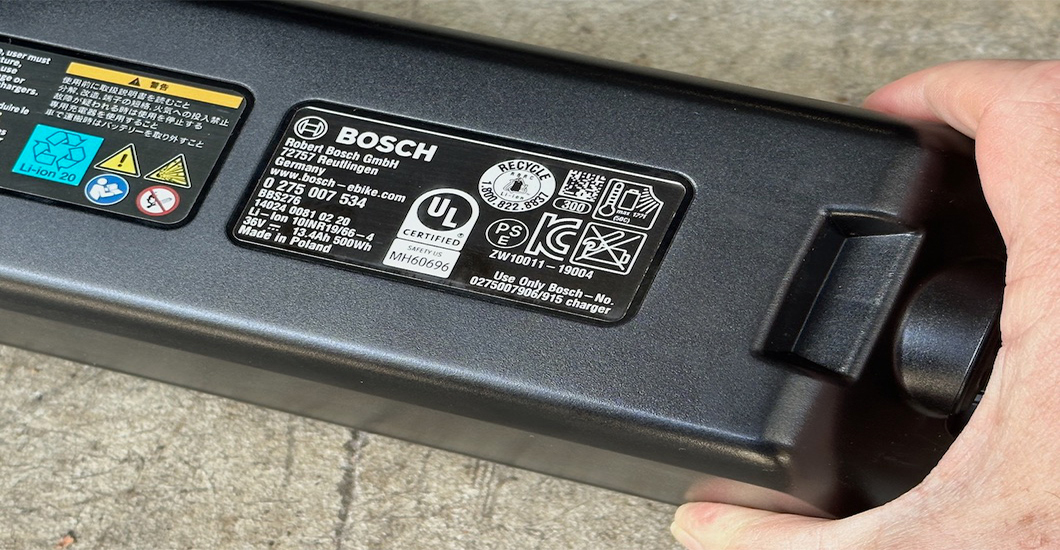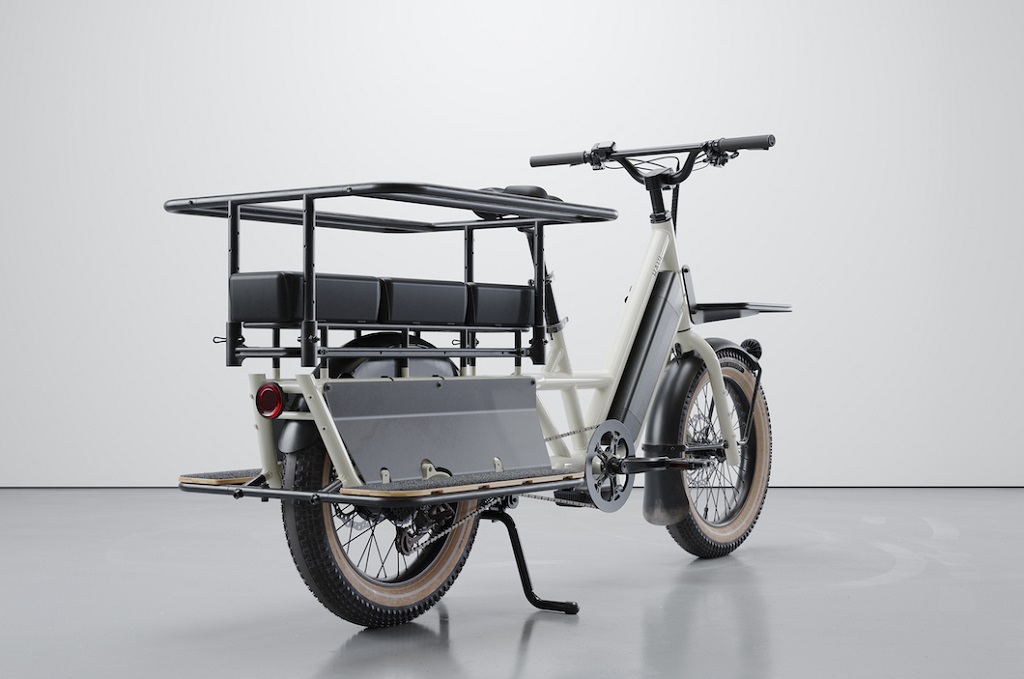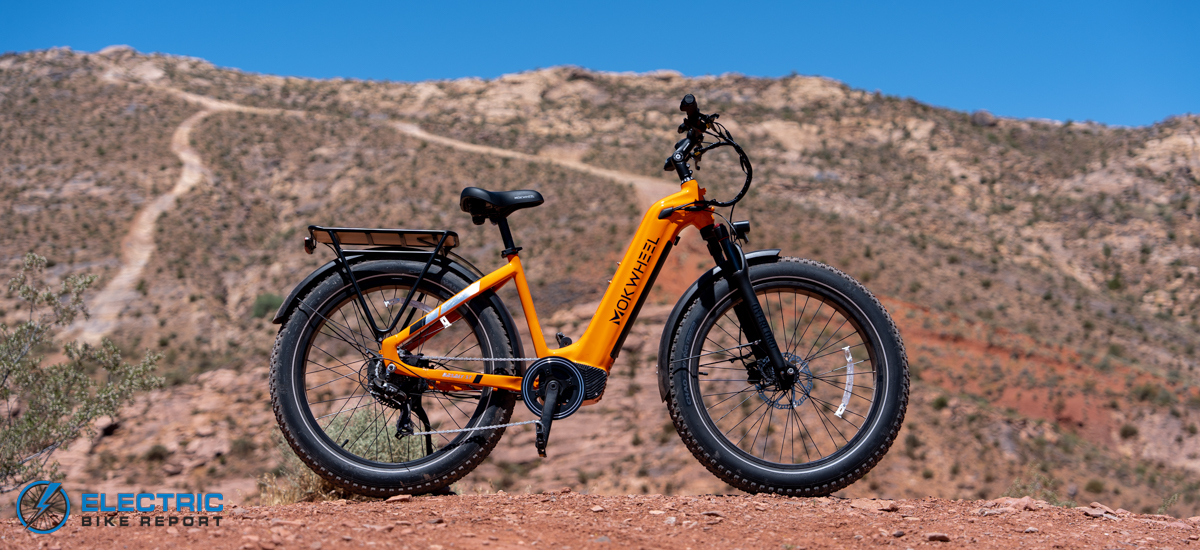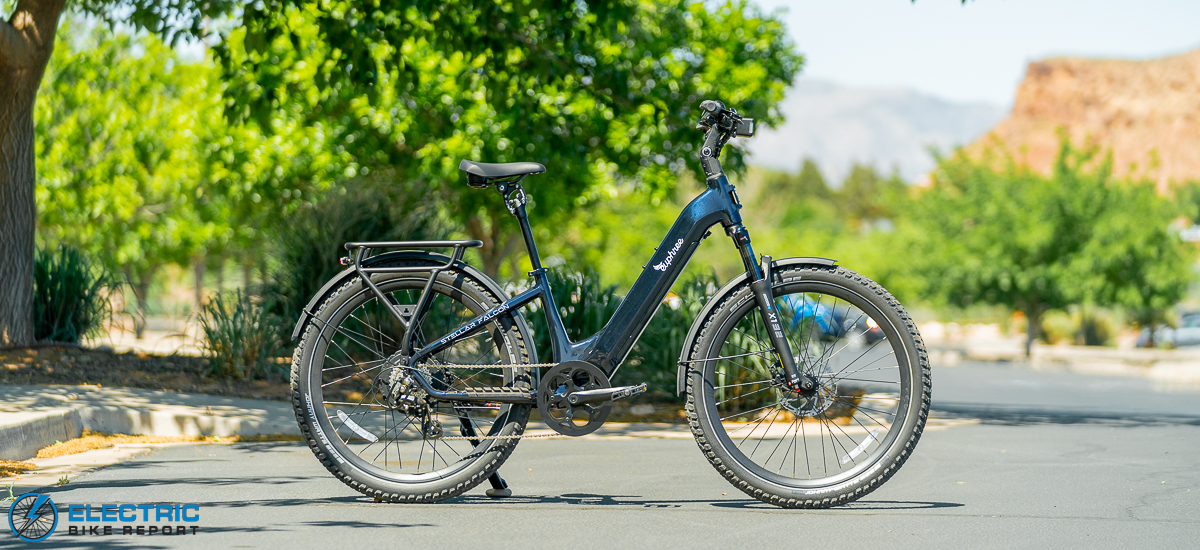
Some links may be affiliate links. We may get paid if you buy something or take an action after clicking one of these.


What UL certification does is verify that a product meets a standard set by the Consumer Product Safety Commission (CPSC). The CPSC issues rules regarding everything from TVs to children’s clothing, not to mention bike helmets. And as we mentioned in our opening, certification is not mandatory. Companies may choose to ignore CPSC rules.
UL certification can’t promise that a product won’t ever fail, but what it does promise is that the manufacturer has met the standards set by the CPSC. Seeing the UL certification logo on a product is an ideal way to reassure consumers that the product in question meets an agreed-upon threshold of safety.
The Cost of E-Bike Battery UL Certification
In addition to the financial cost associated with e-bike UL certification, the lab performing the tests will need 10-12 weeks to conduct the tests and issue a report on their results. A three-month lead time can mean missing the window necessary for delivering batteries to a manufacturer in time for that year’s selling season.
It’s easy to see how a company focused on the bottom line of sales may see the expense of both time and money as more than they are willing to bear.
Can we trust batteries that aren’t UL-certified?
We might not think twice about a lithium-ion e-bike battery that lacks UL certification, but with the number of stories that have appeared in the news about thermal runaway causing chemical fires that are difficult to extinguish and have resulted in multiple deaths, people are understandably concerned.
Before we go any further, we should take a moment to explain this a bit more. The majority of the reported fires have been started either by batteries in low-cost e-mobility devices like hoverboards and scooters that have batteries reflective of their cost, or batteries that were being repaired—against the express authorization of the manufacturer.
An e-bike battery is made up of a number of cells and these cells look very much like a AA battery. Every battery has a positive end (called a cathode) and a negative end (called an anode). Batteries generate electricity via a chemical reaction between the cathode and anode.
Inside the cell there is a thin membrane that separates the cathode and anode. But sometimes this membrane breaks down and if it does, the materials in the cathode and anode come into contact with each other, and that results in thermal runaway and a chemical fire that spreads from one cell to another, until the entire battery pack is burning.
These fires are difficult to extinguish, and as a result, fire departments often have little choice but to let the fires burn themselves out once the public is safe.
E-Bike Industry Debate: UL 2271 or UL 2849?
UL 2271 would require that all e-bike batteries be certified by a lab. That seems straightforward. However, another regulation, UL 2849, would require that all of the electronic components in an e-bike be tested together as a system.
For companies like Bosch, Bafang and Brose that manufacture entire systems, this certification would not be an issue. But for a number of manufacturers who may spec a Bafang motor but another company’s battery, it would result in an expense that a competitor going with a Bosch system would not have to bear.
There are strong arguments for both rules. There’s no good reason not to have entire systems tested as UL 2849 would require. However, the debate is not whether to adopt both rules, but instead which rule. UL 2271 is the rule that would govern all the cheap batteries that are the cause of most, if not all, of the fires.
Should E-Bike Batteries Be Certified?
UL 2849 would not apply to aftermarket batteries, only complete systems. That means aftermarket batteries would continue to escape certification. Most of the fires we are seeing are caused by aftermarket batteries, as a result of poor design and/or construction. UL 2271 would apply to all such batteries.
Because the question is whether the industry should adopt UL 2271 or UL 2849, and the fires are being caused by faulty batteries, we believe that the industry should adopt UL 2271.
That said, we dislike the circumstance that has resulted in a choice between two different rules that shouldn’t be incompatible. There ought to be room to adopt both UL 2271 and UL 2849. We want everyone riding an e-bike to have confidence that their entire e-bike—especially the battery—is safe to use.
Sponsors
Reader Interactions
![]()
![]()






